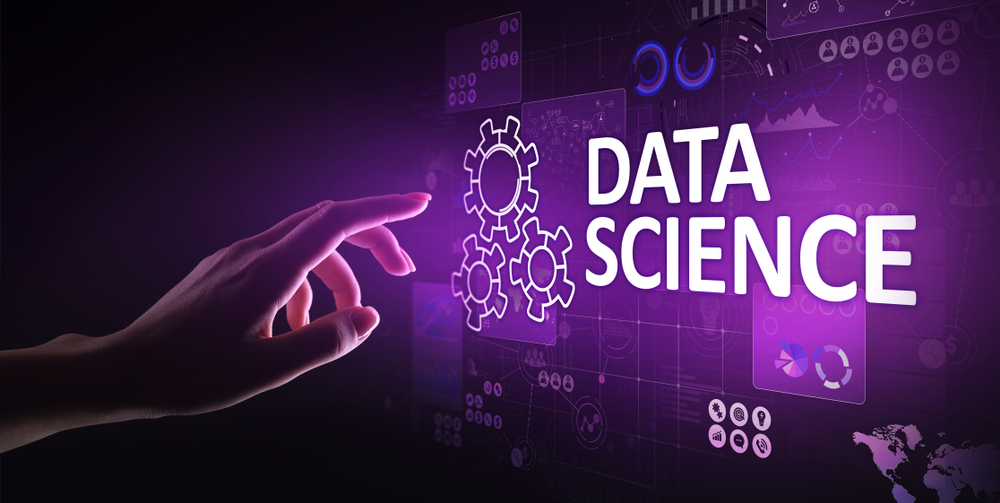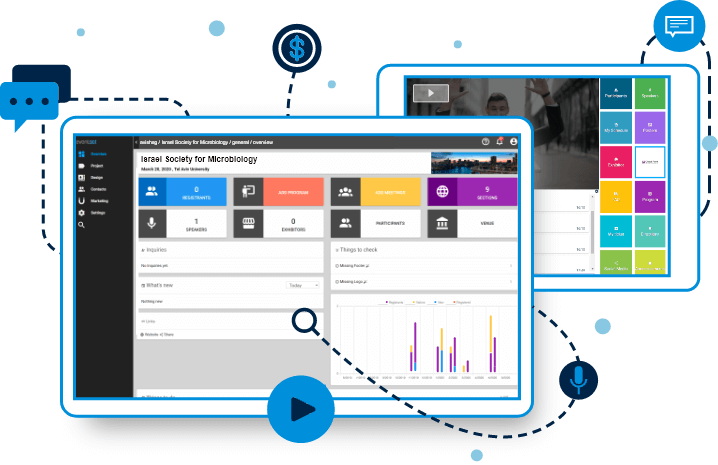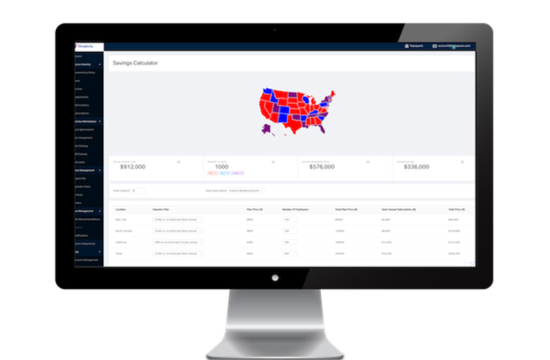For many years, the world of fashion has been perceived as a field that fits under the banner of creativity and artistry. In recent years, however, there is a move towards using a more scientific approach to streamline business processes. With the development of data science course, firms can now introduce data-driven strategies. This significantly develops innovation within their companies and enables them to make decisions that are informed to great detail-from personalized shopping experiences all the way to supply chains being optimized-this is transforming the way fashion works in the modern world.
Table of Contents
Personalized Customer Experiences
The most important innovation data science has brought into the world of fashion is the capacity for personalized shopping experiences. Data analysts can really delve through enormous datasets to identify patterns in customers’ behavior to tailor their offerings based on individual preferences. This could be considered analyzing the customer’s purchase history, browsing patterns, and even social media activity to recommend products that resonate with the unique tastes of every consumer.
For instance, today online sellers use data science in order to offer personalized recommendations. When a customer buys dresses for summer over and over again, it is quite likely the algorithm will prefer the kind of offers – dresses for summer. Thus, personalization not only makes the experience of customers better but tends to increase sales: when the customers are offered items with which they have already demonstrated interest, they are more likely to buy them.
Furthermore, advanced algorithms of machine learning can predict future trends in fashion. In the study of past and existing trends, this predicts models that will support designers in preparation for collections that resonate with later demands. Predictive trends have been one of the game-changers for brands to remain competitive within an environment that is constantly in a state of change.
Inventory Management and Supply Chain Optimization
Data science can be applied to manage inventories and optimize the supply chain for fashion. One very common problem with most fashion companies is the need to balance their supply with demand. Overstocking means wastage, and understocking results in sales loss. For a more accurate forecast of what demand might be, data analysts may analyze historical sales data, market conditions, and even underlying weather patterns.
For example, in a warm summer season, a retailer will anticipate increased sales of light garments, including tank tops and shorts. Data-driven demand forecasting then enables brands to change the production schedule responding to such data and hence ensure enough stock at the right time. In this way, one avoids losses for maximum profits, and the businesses become more efficient and environmentally friendly.
Data science is also changing the game in the supply chain. Through the integration of data from each stage of production-from raw material sourcing to final delivery-fashions can now streamline their operations. Through predictive analytics, performance in the supply chain is now monitored in real-time, and bottlenecks that make way for improvements are quickly noticed. This results in faster times to produce, less in costs, and thus a responsive ecosystem in fashion.

Sustainable fashion through data science
Sustainability is one of the most important areas in the world of fashion, and data science plays a key role in promoting eco-friendly practices. Nowadays, it seems like most fashion brands are in the process of implementing data to reduce waste and make environmentally friendly choices. For instance, the analysis done based on data will allow the brands to know which materials and methods of production cause the least amount of environmental impact and which could minimize carbon footprint.
In addition to these, data science will optimize returns for brands, one of the largest areas of waste in the industry. Companies could analyze return data to find reasons for high return rates and adjust sizing, quality, or even product descriptions to help reduce returns. This cuts waste but also improves customer satisfaction.
End-of-life strategies represent an extension of sustainability. Some fashion brands start applying data science towards the development of circular fashion models, that is, instead of disposal, garments are recycled or repurposed in some form. In this way, brands may extend the usability of products throughout their lifecycle while contributing to the development of a more sustainable ecosystem around fashion.
The Role of Data Analysts in Fashion Innovation
What’s at the very center of these data-driven innovations are data analysts, trained professionals in making sense of huge amounts of data and providing actionable insights. As demand for data-driven solutions grows, so does the need for expert data analysts in fashion. If students are interested in a career here, they have to be highly specialized, ideally through receiving education through a data analyst course. These courses equip the individual with the skills to manipulate data, build predictive models, and provide business solutions.
For individuals in India, cities such as Pune offer excellent educational opportunities for students seeking a career as a data professional. Taking a course in data analyst in Pune will open students up to a growing tech community and chances to interact with fashion brands that today rely increasingly on data-driven innovations.
Data analysts to help companies use data for a competitive edge are being hunted by fashion companies, and which ranges from improving customer segmentation, optimizing of their inventory, or even driving sustainability efforts. In other words, analysts with deep knowledge of data as well as fashion trends have been highly sought after to bridge creativity with more data-driven decision-making.
Data Science and E-Commerce
The boom in the sector of e-commerce once again opened for data science a wide avenue: data-rich environments rule the roost in the e-commerce platform where each and every customer interaction can be followed and measured. Every single piece of data would have a story relating to the choices, behavior, and pain points of the customers.
Data science empowers e-commerce companies to make the user experience more friendly by providing better navigation, more accurate search results, and suggestions of products they might be looking for. Using it, fashion retailers also employ A/B testing, a technique that employs data analytics to test different versions of website layout, campaigns, and product display to see which one works best.
Through data science, fashion brands are able to increase customer retention rates and conversion rates and finally revenues through optimized e-commerce.
The support of data analytics in driving the success of a modern fashion business is a role that should be quite highly emphasized.
Conclusion
Data Science Course in Pune profoundly transforms the fashion industry. Be it from having personal shopping experiences to even sustainable practices, its impact will soon be felt across the board. With more and more brands opening up to data-driven strategies, you can bet that it is going to be in even greater demand. Whether you are a student new to this industry or a professional looking to reacquire skills, you will find that completing the course on becoming a data analyst is a great grounding to propel your career into this exciting new space where fashion and technology merge into something quite new and exciting.
Business Name: ExcelR – Data Science, Data Analyst Course Training
Address: 1st Floor, East Court Phoenix Market City, F-02, Clover Park, Viman Nagar, Pune, Maharashtra 411014
Phone Number: 096997 53213
Email Id: enquiry@excelr.com











